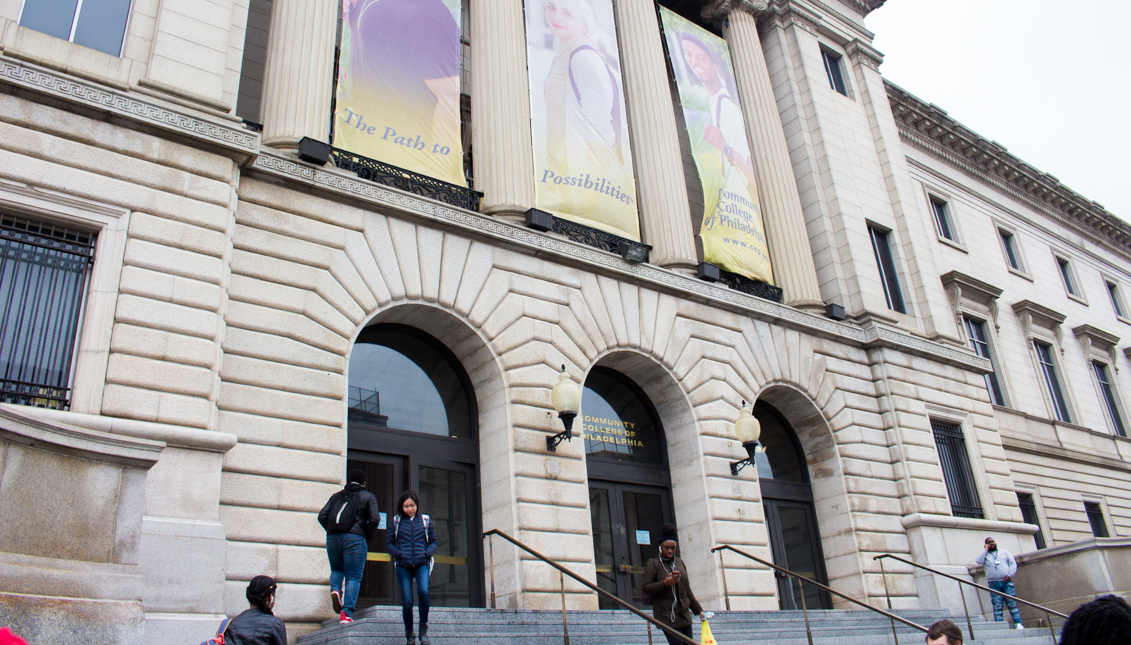
Fueling the future of Philadelphia's workforce
On Wednesday, Mayor Jim Kenney, city officials, and stakeholders from business, education, and nonprofit sectors gathered for the launch of a new citywide workforce development initiative.
Hosted by the Community College of Philadelphia (CCP), the event marked the official kickoff of Fueling Philadelphia’s Talent Engine, a strategy based in what Mayor Kenney described as a “new collective approach to workforce development.”
“The goals, recommendations, and metrics of Fueling Philadelphia’s Talent Engine provide guidance for the city as well as employers, higher education institutions, workforce intermediaries, nonprofits and other entities, to drive a common workforce agenda,” Kenney said to the standing-room only audience.
Implementation of the strategy will be coordinated by the city’s Office of Workforce Development, which will be established this year. The framework for the program outlines three goals: prepare city residents with the skills employers need; address underlying barriers to access to career opportunities; and build a workforce system that is more coordinated, innovative, and effective.
Speakers and stakeholders touted extensive collaboration as one of the key elements in the initiative.
“What makes this new strategy different...is that it is not about city government. It is driven by all of our partners,” Kenney said, noting that stakeholders are “working across institutions to make this happen.”
CCP President and host of the event Dr. Donald (Guy) Generals affirmed the necessity for collaboration in his introductory remarks.
“We strongly believe in creating those pipelines so that individuals can get from where they are into sustainable living jobs, and we think that we can only do this if we come together as a community,” Dr. Generals said.
Kenney said Philadelphia’s “disgraceful” poverty level of almost 26 percent “is closely tied to the fact that we have a large portion of our workforce who are unprepared for the jobs that are available to them.”
Citing the Philadelphia Eagles’ recent, unexpected Super Bowl victory as an example which underscores the ethos of the workforce initiative, Kenney said that "when talent is nurtured, invested and believed in with high expectations,...results can be phenomenal," and added on a more personal note that the ability to help someone move forward in their career has often been a “life-changing experience” for him.
Speakers agreed that individual and systemic actions are needed in order to create an impact.
Joyce Bacon, a panelist in one of the discussions, spoke about her own career trajectory, going from a period of unemployment to her current role as owner of her own coaching and consultant service thanks in part to the support and training she received in a professional development program.
She pointed out that workforce development is “not just about obtaining the job.”
CONTENIDO RELACIONADO
“A lot of people [are] just obtaining the job because we’re in survival mode,” Bacon said, adding that with training and skills development, “You start going from just obtaining a job to wanting a career.”
Speaking from the business perspective, Dan Fitzpatrick, President of Citizens Bank Mid-Atlantic, said that in addition to being the “right thing to do,” increasing diversity and inclusivity in the workplace in the city and region is “an economic imperative.”
“We’re in a global battle for talent. We’re weakening ourselves by not being as diverse and inclusive as we need to be,” Fitzpatrick stated in a panel discussion.
For Chekemma Fulmore-Townsend, President and CEO of the Philadelphia Youth Network, the bridge between education and the workforce is particularly essential for young people's career development.
“Fueling Philadelphia’s Talent Engine put together the aims that we hoped for, and we saw it as the first opportunity to begin in the education space and extend to employment,” Fulmore-Townsend said, a goal which Dr. William Hite, superintendent of the School District of Philadelphia, affirmed in the course of the same panel discussion.
“It’s really important to expose young people not just to math, reading, and science, but to also expose them to math, reading, and science in the context of what we’re going to be asking them to do on a job site,” Dr. Hite said.
“If we want young people to be successful in the workforce, then they have to have those experiences prior to going or moving into the workforce,” he added.
Many of the stakeholders said that outlining and acknowledging racial, cultural, and socioeconomic barriers will be necessary for success in implementing the strategy.
“We’re going to be real about addressing employment for those that need it most, [and] then we also need to be real about privilege and we have to be real about the systems we want to change,” Fulmore-Townsend said in the panel discussion, to a round of applause.


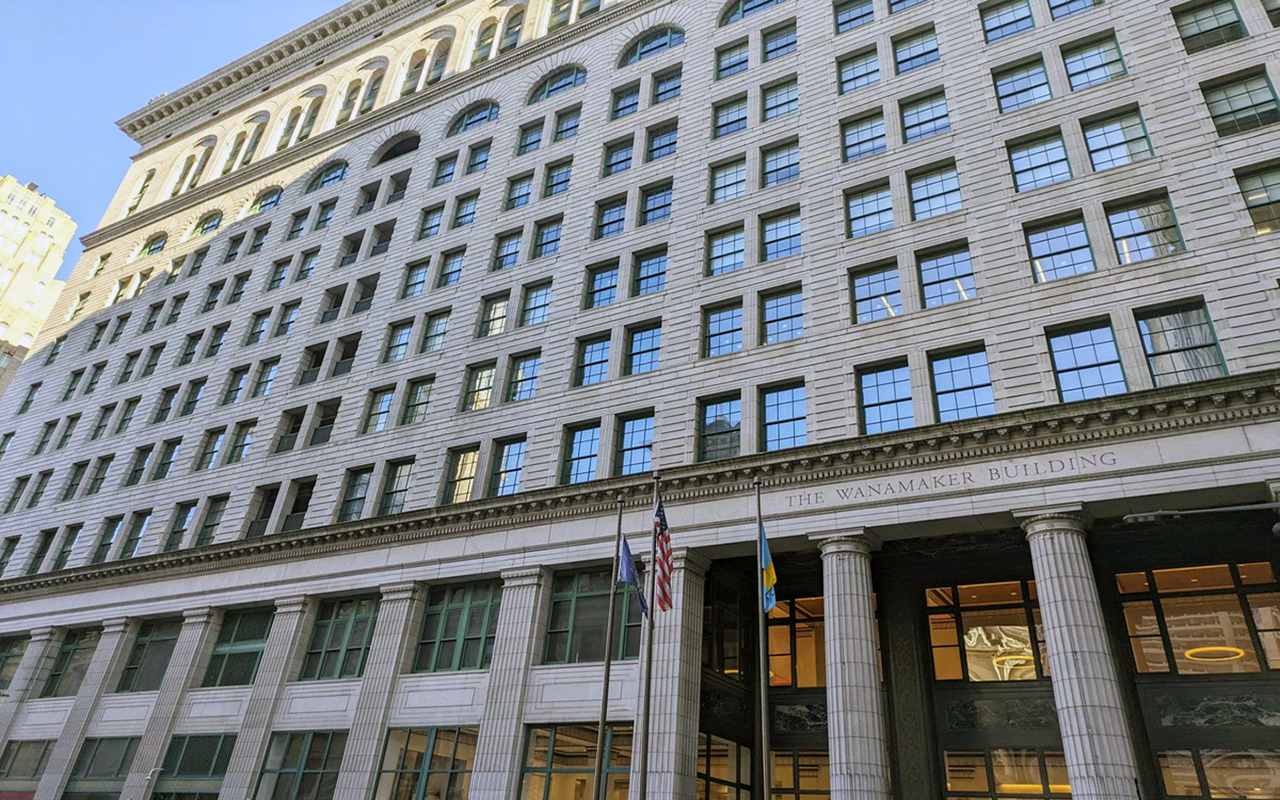

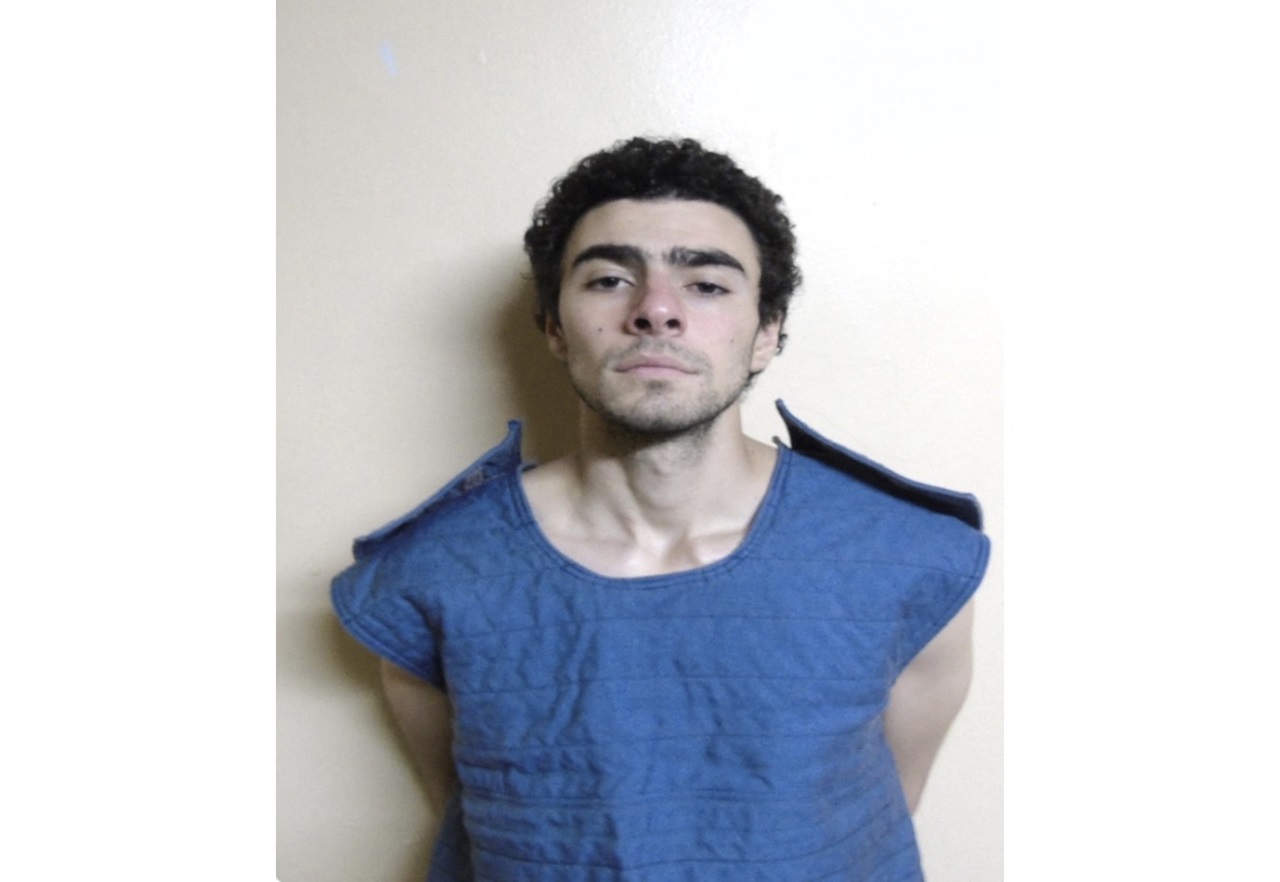

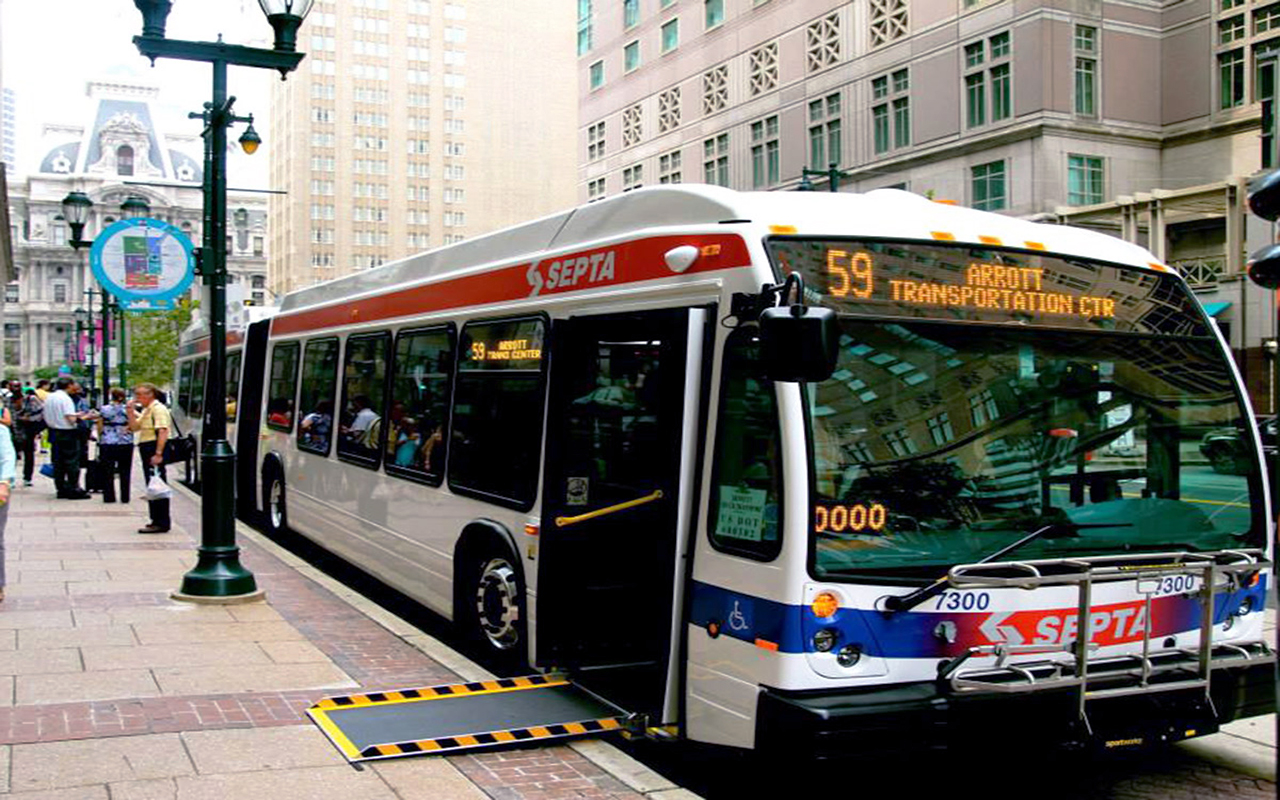
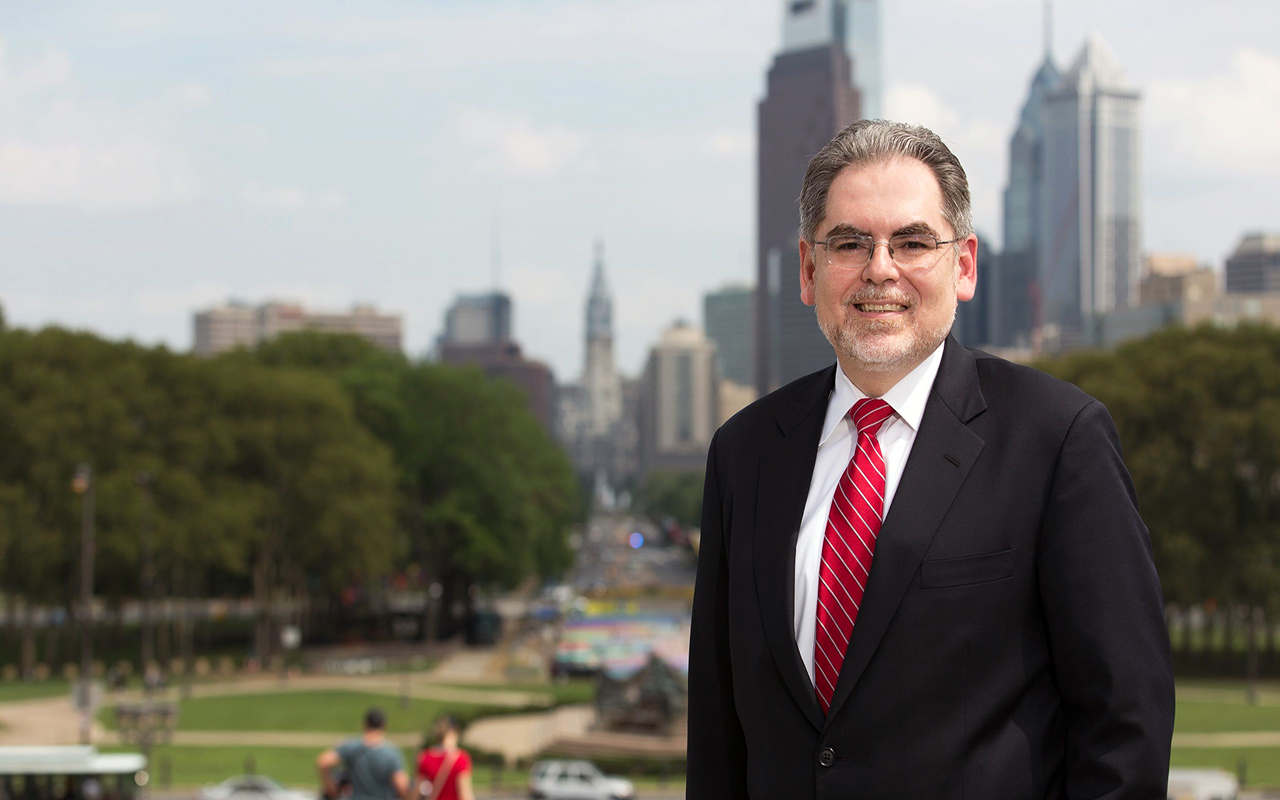

DEJE UN COMENTARIO:
¡Únete a la discusión! Deja un comentario.